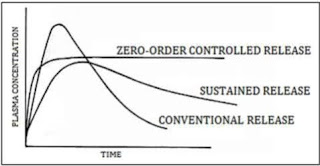6 ans
Ans. 1. (a)-(iii) ; (b)-(ii) ; (c)-(i) ; (d)-(iv) ; (e)-(i) ; (a) -
(i); (b) - (iii); (c) - (i); (d)
- (i); (e) - (i).
Ans 2.
(a) The
people were trying to get tickets. So, they were in a long line at the ticket
counter to avoid chaos and disorder.
(b) An
old couple was trying to find a quiet place to sit down and rest. But they did
not find seats in the waiting room as it was crowded.
(c) The
speaker and his friend were waiting for the train. They were passing their time
by talking and watching the crowd around.
(d) There
are always people coming in and going out of the station. All are in a hurry in
a station. So, a station is a busy place.
(e) The
young lady was afraid of losing her child. So she was holding her child's hand
tightly.
Ans 3.
A. (i) in
the parks and woods; (ii) in 1883; (iii)
in 1894; (iv) He; (v) travelled.
B. (a) False.
Einstein was born in 1879.
(b) True.
(c) False. His father introduced him with the
magnets and their properties.
(d) False. In 1894, Einstein went to
(e) True.
4Ans. (a) waste; (b) steps; (c) should; (d) least; (e) each; (f) education; (g) law; (h) assembly; (i) country; (j) illiterate.
5 Ans. (i) + (d) Penicillin is a life-saving medicine.
(ii) + (a) It was discovered by Dr. Alexander Fleming.
(iii) + (e) Fleming was born in a poor family in Scotland.
(iv) + (b) He was the seventh of the eight brothers and sisters.
(v)+ (c)He passed his boyhood with his parents.



Comments
Post a Comment
Thanks